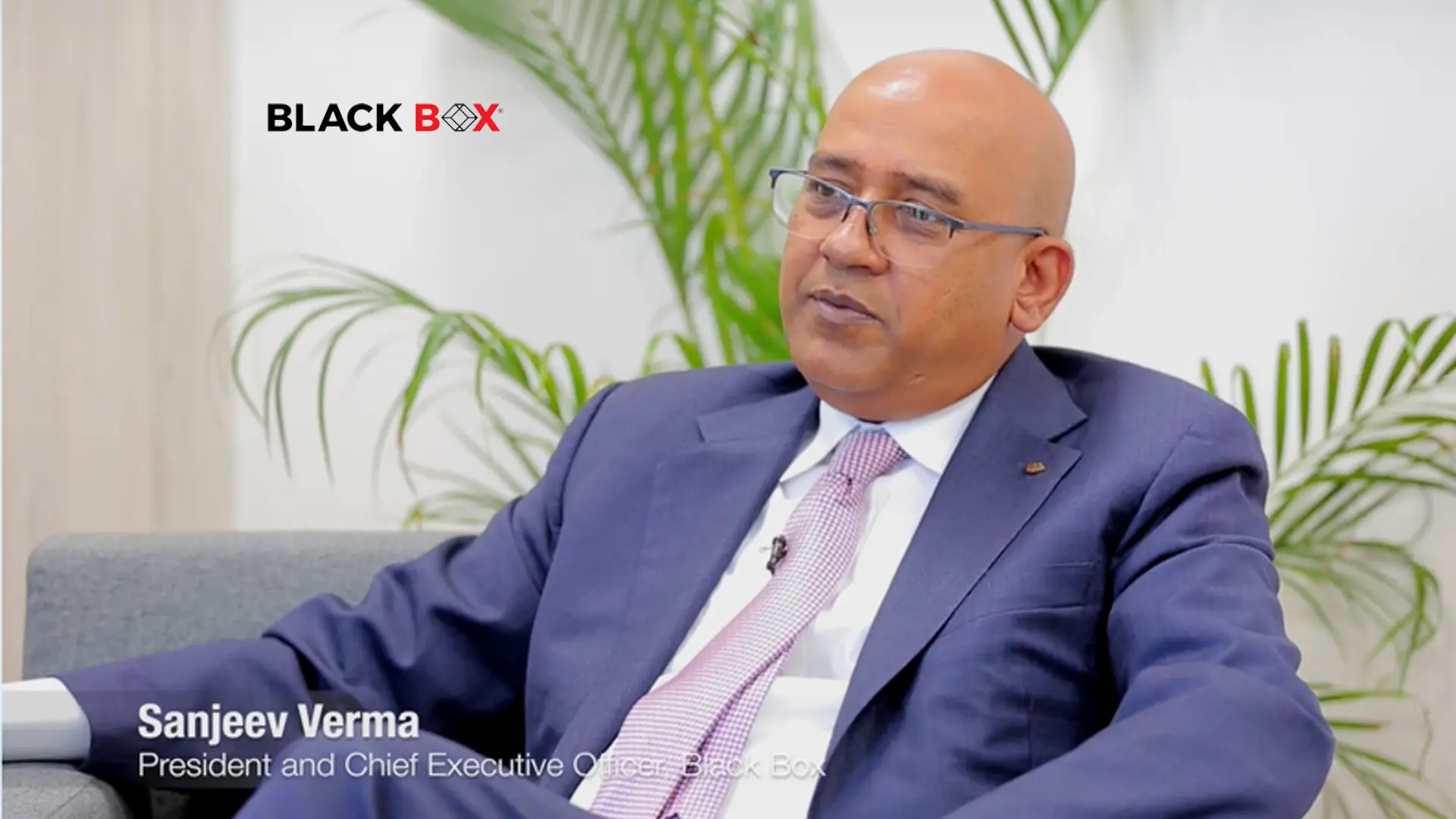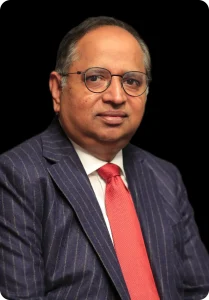- Essar Group’s IT network arm sees sales at $2 billion by 2028
- Stock has more than doubled in the past year on new projects
Indian digital network builder Black Box Ltd. is seeking to nearly triple sales to $2 billion over the next four years, betting on growing demand for data centers and cybersecurity services in its largest market of North America.
Black Box, controlled by Indian ports-to-power conglomerate Essar Group, will use acquisitions and leverage its partnerships with global players such as Juniper Networks Inc. and Aruba Networks to help reach that goal, Chief Executive Officer Sanjeev Verma said in an interview.
The company is seeking to capitalize on a global quest for artificial intelligence that’s prompting customers to invest in computing and data storage capacity and related networking infrastructure and services. Together with its partners, Black Box is scaling up its services to grab a bigger slice of that growing pie.
“We will acquire companies in the space we operate,” such as digital infrastructure, networking integration, data center expertise or cybersecurity, Verma said. “We will acquire in markets where we either get to gain scale or we get to gain customer access or high quality talent.”
Shares of Black Box have more than doubled in Mumbai trading in the past year, pushing its market value above $1 billion. Essar Group acquired the Texas-based company in 2019. It now employs some 4,000 people, and North America accounts for about 75% of its sales.
Black Box is open to exploring all options to raise capital to fuel its expansion and purchases, Verma said. The company has received commitments for raising as much as 4.1 billion rupees ($49 million) by issuing share warrants, it said last month. This money will be used to fund hiring, growth and acquisitions, he said.
The company is seeing some challenges, with a fraction of clients delaying IT spending as interest rates in the US remain high, Verma said. Still, AI is driving most enterprises to prioritize spending on network infrastructure in areas such as airports and cybersecurity.
“We are seeing some boosters coming up for us with quicker adoption of AI,” Verma said. “This means that you have to rebuild the infrastructure to support those applications.”
Source: Bloomberg















































